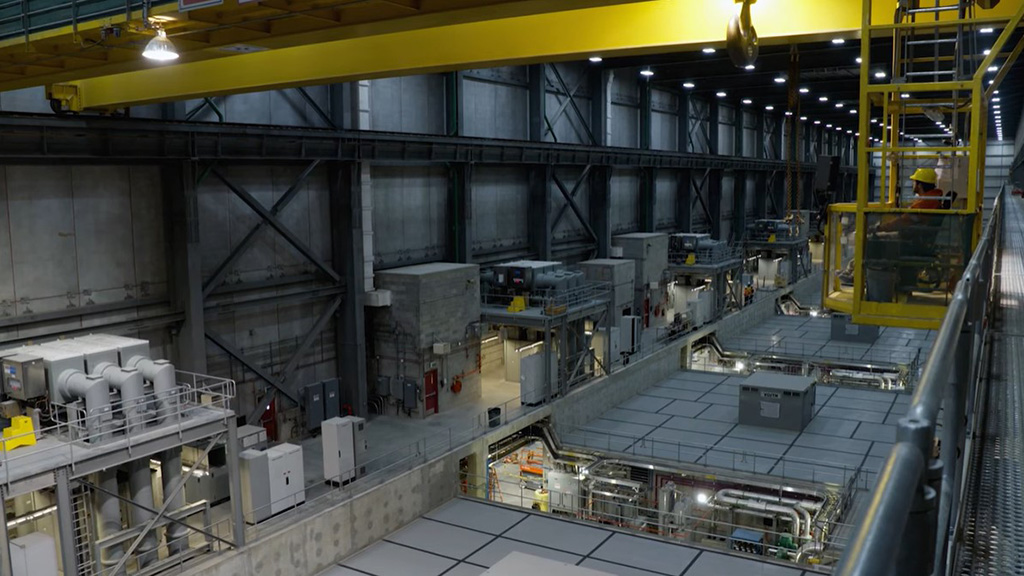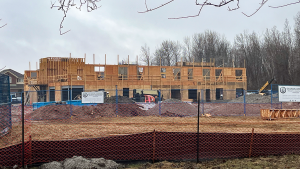OTTAWA – Two new reports from BuildForce Canada forecast divergent paths for ICI employment in Quebec and Manitoba over the next 10 years, with the former expected to be flat over most of that period while Manitoba enjoys a spike in ICI construction jobs.
The forecasts are contained in BuildForce’s 2024-2033 Construction and Maintenance Looking Forward reports for the two provinces released March 26. BuildForce is publishing 10-year project forecasts and workforce assessments for every province and also a national report every day during the pre-Easter period.
Manitoba
Non-residential employment is expected to rise by approximately 15 per cent by 2033 in the Prairie province, with strong gains in ICI buildings construction says BuildForce.
Residential employment levels, meanwhile, are projected to contract into 2032. A large loss in employment relating to new housing contracts overall employment by six per cent by 2033.
BuildForce noted the numbers do not take into account public-sector initiatives to address housing affordability challenges, nor the anticipated increase in demand for construction services related to the electrification of the economy.
Construction activity in Manitoba was almost unchanged from 2022 levels in 2023. A small gain in non-residential construction investment levels, which was propelled by growth in the ICI buildings sector, was offset by a slightly larger contraction in residential investment levels.
“Although overall construction activity in Manitoba stepped back in 2023, the decline was not as pronounced as it could have been. The conclusion of work at the Keeyask Dam, which had been a big driver of non-residential employment, was more than offset by strong demand for ICI buildings,” remarked BuildForce executive director Bill Ferreira.
BuildForce expects approximately 9,100 workers, or about 20 per cent of the province’s 2023 labour force, will retire by 2033. At the same time, the industry is expected to attract an estimated 10,200 new workers under the age of 30 from the local population.
When combined with employment growth created by rising construction demands, the industry could be left with a shortfall of 2,900 workers that will need to be recruited from outside the local construction labour force.
In recent years, the trades recorded a record level of new apprentice registrations in Manitoba’s 17 largest trade programs.
Quebec
Here, the outlook across the forecast period calls for residential investment levels to remain stable. Housing starts and investment relating to new construction are projected to decline into 2033.
But that trend is expected to be offset by continuous growth in renovation expenditures, says BuildForce. By the end of the forecast period, residential employment is projected to contract by eight per cent.
The outlook for the non-residential sector calls for investment levels to peak in 2024 before experiencing moderate reductions to 2030 in line with the completion of major health care, education, transit, manufacturing and utilities projects.
Employment ends the forecast period relatively unchanged. By 2033, the industry will likely need to recruit and retain as many as 39,000 additional workers to address its overall hiring requirements. An estimated 48,100 workers, or 22 per cent of the 2023 construction labour force, are expected to retire.











Recent Comments
comments for this post are closed